What is AI?
So, what on Earth is AI, anyway? Don’t worry: AI isn't just about robots taking over the world (phew!). It's about machines learning to think and make decisions like humans.


From recognizing faces in photos to translating languages on the fly, AI is the secret ingredient that makes our digital world go round.
How to get rid of fruit flies?
In the battle against pesky fruit flies, the surprising secret weapon isn't a high tech gadget - it's good old-fashioned vinegar!
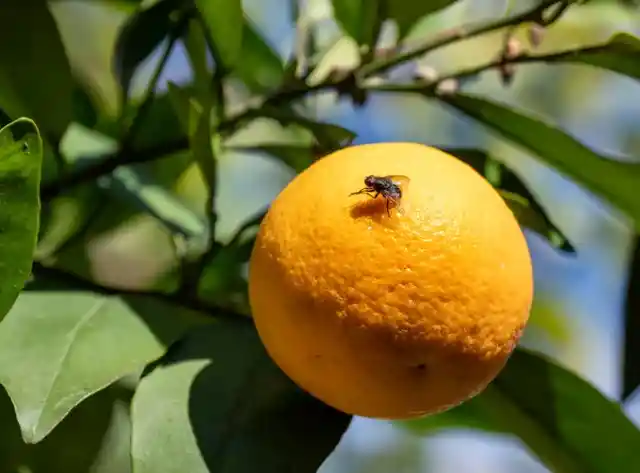
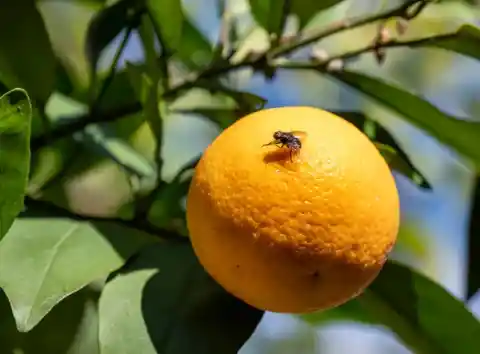
A simple bowl of vinegar mixed with a drop of dish soap is all you need. The soap breaks the surface of the vinegar, making the flies sink and drown.
How to solve a Rubik’s Cube?
First off, forget the notion that solving a Rubik's Cube requires magical powers or a genius-level IQ. It's all about strategy and a bit of practice.


Start with a white cross, then solve the layers around it. Next up, orient the corners so that all the colors match to complete the cube.
What happens when you die?
When you die, your body starts to break down. But it's not the end - your body becomes food for other living things, like plants and animals.


As for what happens to your mind or soul, that remains a mystery. Some people believe in an afterlife, while others think you just stop existing.
Why is my poop green?
Green poop might sound gross, but there's a simple explanation. Sometimes, when food moves through your digestive system too quickly, it doesn't get a chance to change color.


Green poop can also happen if you eat a lot of green foods like spinach or kale. But don't worry, it's usually nothing to be concerned about.
What causes high blood pressure?
High blood pressure is a common health concern, but the answer is simpler than you might think. High blood pressure often happens when your arteries become narrower.
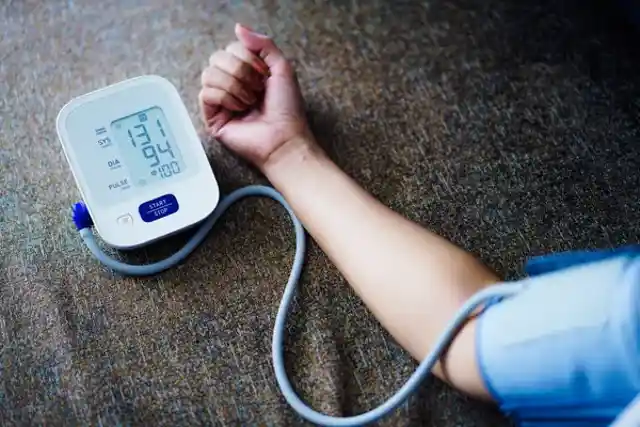
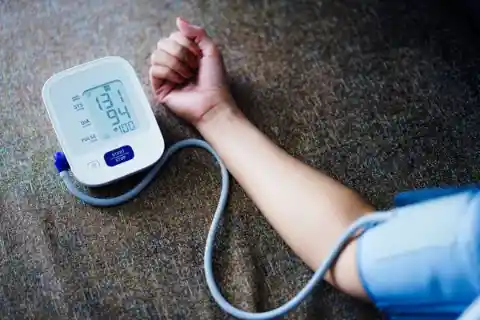
Why is the sky blue?
It's a question many of us have wondered about since we were kids. The surprising answer is all about sunlight!


Sunlight is made of many colors, which get scattered in all directions by tiny molecules. Blue light travels in shorter, smaller waves and gets scattered more, making the sky appear blue.
How long do cats live?
Cats usually live between 12 to 15 years, but some may live even longer. Factors like genetics, diet, and lifestyle affect their lifespan.


Providing proper care, like regular vet check-ups and a balanced diet, can help your kitty live a healthier and longer life.
What causes hiccups?
Surprisingly, hiccups are often caused by a spasm in the diaphragm, a muscle beneath your lungs. This can happen when you eat too fast, drink carbonated beverages, or get excited.


Hiccups usually go away on their own, but holding your breath or drinking water can help stop them faster.
What causes kidney stones?
Kidney stones form when certain substances in your urine, like calcium, oxalate, and uric acid, become too concentrated and crystallize.


This can happen if you don't drink enough water or if you eat foods high in salt or oxalate. Genetics and certain medical conditions can also play a role.
Why do I sweat so much?
Ever wondered why you sweat so much? It's a hot topic on Google! When you exercise or feel hot, your brain sends signals to your sweat glands.


This sweat evaporates from your skin, taking away heat and cooling your body. Some people sweat more than others due to factors like genetics, weight, and certain medical conditions.
Why is my eye twitching?
You’ll be glad to know that these tiny spasms have an explanation! Your eyes might be going crazy due to fatigue, stress, or even too much caffeine.
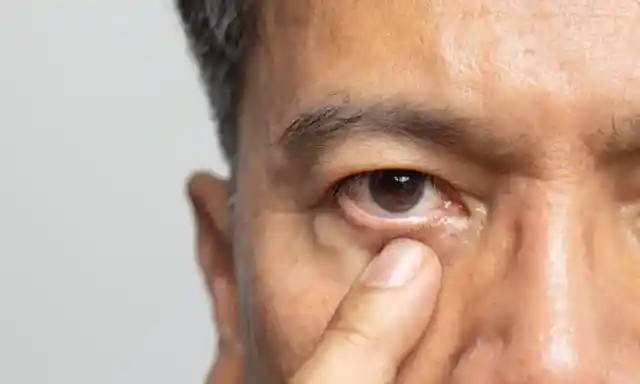
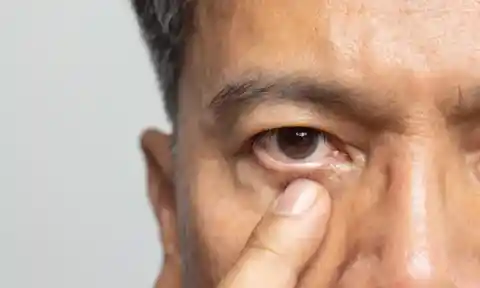
While usually harmless, eye twitches are your body's way of telling you to slow down! So, kick back, relax, and give your peepers a break.
How deep is the ocean?
The ocean's depth is truly astounding. At its deepest point, the Mariana Trench plunges down an astonishing 36,070 feet.


Picture stacking 18 Empire State Buildings on top of each other - that's how deep it goes! Despite the darkness and pressure, life thrives on the seabed.
Why am I always tired?
Feeling constantly fatigued can be due to various factors. Lack of sleep is a biggie; aim for 7-9 hours each night.


Stress, poor diet, and lack of exercise can zap your energy too. Health issues like anemia or thyroid problems might also be culprits.
How hot is the sun?
Brace yourself for a scorching revelation! The sun blazes at an astonishing 9,941 degrees Fahrenheit on its surface. That's hotter than a fiery volcano!


And deep within its core, temperatures skyrocket to a staggering 27 million degrees Fahrenheit. Thanks to its blistering heat, the sun's warmth nourishes life on Earth.
Why do dogs eat grass?
Dogs munch on grass for various reasons. Sometimes, it's just because they like the taste or texture. Other times, it could be a way to soothe an upset stomach.


Plus, it's a throwback to their wild ancestry, where plants were part of their diet. Unless your pup is eating excessive amounts or showing signs of illness, grass-snacking is usually harmless.
Why do dogs lick you?
Dogs lick for various reasons, often as a way to show affection and bond with their human pals. It's their way of saying, "I love you!"


Licking can also be a sign of submission or a way to seek attention. Dogs might also lick to explore their environment or gather information about you.
How fast does hair grow?
On average, hair grows about half an inch per month. However, the rate varies depending on factors like genetics, age, and overall health.


Hair growth is fastest during summer but slows down in winter. Plus, different parts of your body grow hair at different speeds. For example, scalp hair grows faster than arm hair.
Why does my stomach hurt?
Stomach pain can have various causes, from something as simple as indigestion to more serious issues like infections or inflammation.


It could be due to eating too much or too quickly or consuming spicy or greasy foods. Stress and anxiety can also wreak havoc on your stomach.
Why do we yawn?
Yawning might seem simple, but its purpose is quite fascinating. One reason we yawn is to take in more oxygen and expel carbon dioxide.


Yawning also helps regulate brain temperature. When we're tired or bored, our brain temperatures rise, so yawning helps cool them down.
Why do we dream?
While scientists haven't cracked the full story behind dreaming, they believe dreams serve several purposes. One theory suggests they help process emotions and memories.


Your brain sorts through the day's events, filing away important stuff and discarding the rest. They can also be a form of wish fulfillment, letting you experience things you desire.
Why do people snore?
Snoring happens when the flow of air through your nose and mouth is partially blocked during sleep. This blockage causes the surrounding tissues to vibrate, creating a snore.


There are many reasons why people snore. It could be due to nasal congestion from allergies, a cold, or relaxed throat muscles from sleeping on your back.
How old is the Earth?
Brace yourself for a surprising journey through time! Scientists estimate the Earth formed about 4.5 billion years ago. They use methods like radiometric dating to study rocks and minerals.


Our planet's age is also calculated by examining meteorites and moon rocks! Despite its incredible age, Earth continues to change and evolve, shaping the world we know today.
Why is the ocean salty?
The ocean's salty taste comes from dissolved minerals and salts that have washed into it over millions of years.


Rainfall washes minerals from rocks on land into rivers, which eventually flow into the ocean. As water evaporates from the ocean's surface, it leaves behind the salts and minerals.
Why is science so important?
This is a question on many minds, and the answer is clear as day! Science shapes our world in countless ways, from understanding the universe to improving our daily lives.
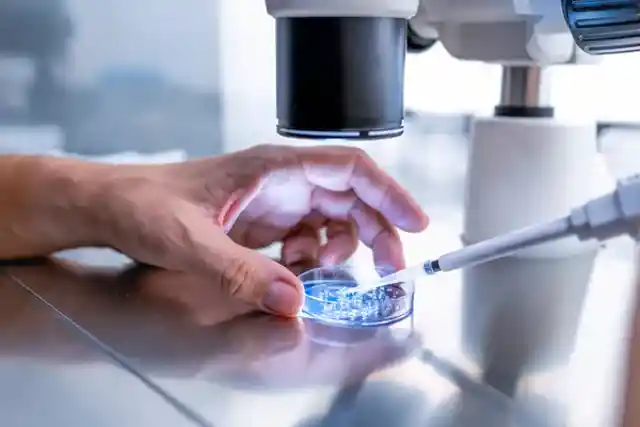
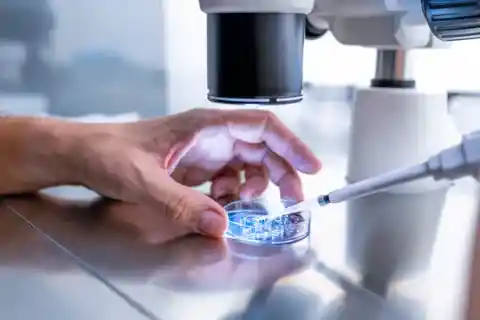
Whether it's sending humans to space, creating life-saving medicines, or developing renewable energy sources, science pushes the boundaries of what's possible.
Can astronauts see stars?
This might seem obvious, but surprisingly, the answer is not as straightforward as you might think! While astronauts can see stars from space, it's not always easy.


The brightness of nearby objects, such as the sun, Earth, and spacecraft lights, can make it difficult to see stars clearly.
Do astronauts have Wi-Fi?
While astronauts don't have traditional Wi-Fi, they do have ways to stay connected. Communication with the ground relies on specialized systems, such as satellites and radio frequencies.


These systems enable astronauts to send emails, make calls, and even browse the internet, although with some limitations and delays due to the vast distances.
Will science ever reverse aging?
Scientists have been making strides in understanding the aging process and exploring ways to slow it down or even reverse it.
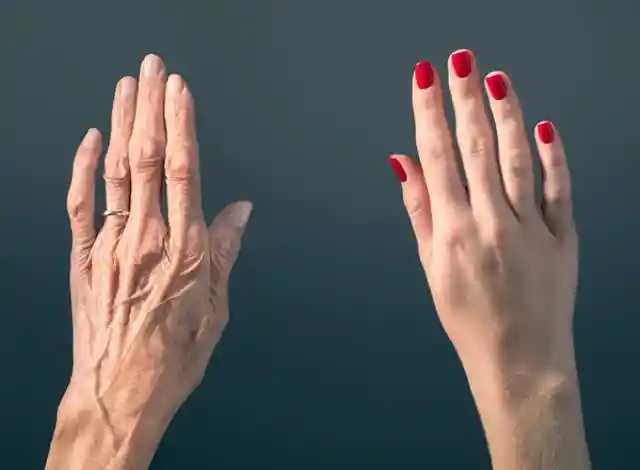
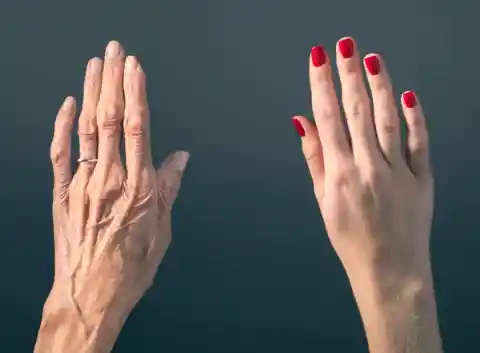
While the complete reversal of aging remains a distant goal, research in areas such as regenerative medicine, genetics, and cellular rejuvenation shows promising signs.
Will dinosaurs ever exist again?
Hoping to visit a Jurassic World theme park? Unfortunately, it's unlikely. While scientists have made strides in dinosaur research, resurrecting them as they once were remains a distant dream.
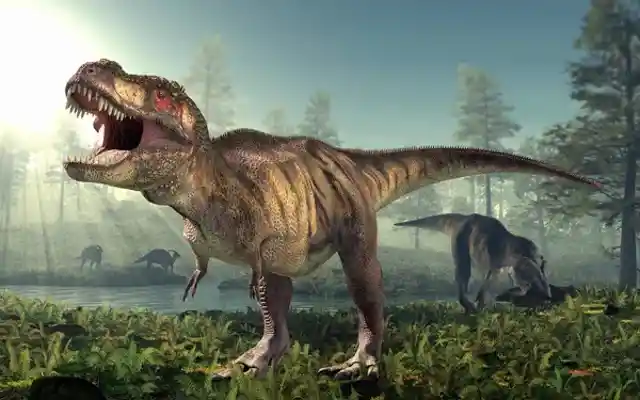
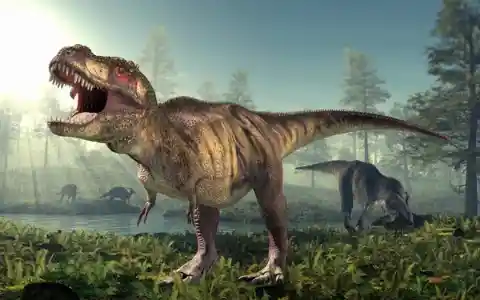
Most dinosaur DNA is degraded after millions of years, which poses a challenge. Even if intact DNA was found, using it to resurrect dinosaurs is beyond our current technological capabilities.
Is space exploration a waste of money?
Many critics have argued that the funds allocated to space programs could be better spent on pressing issues on Earth, such as poverty, education, and healthcare.


However, space exploration has resulted in scientific discoveries, tech advancements, and economic benefits. Many innovations in healthcare, communication, and the environment also stem from space research.
Do plants feel pain?
Plants lack nervous systems, which means they don’t have pain receptors. Instead, they have their own unique ways of reacting to their environment.


So, next time you're gardening, remember - you're not hurting your plants when you prune them; you're just helping them grow big and strong!
What is a black hole?
A black hole is a region in space where gravity is so strong that nothing, not even light, can escape its grasp. Imagine a cosmic vacuum cleaner sucking in everything nearby!
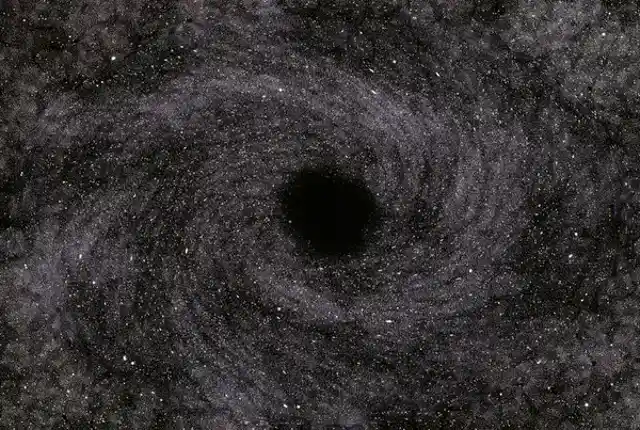
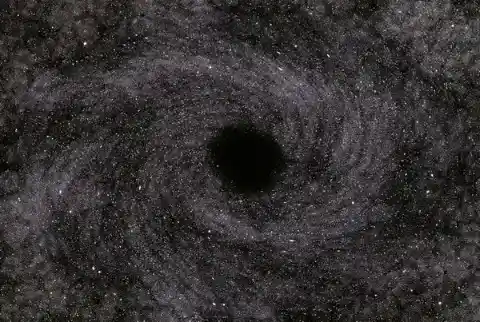
Black holes form when massive stars collapse under their own gravity at the end of their life cycle. Despite their ominous name, black holes are not holes at all!
How do birds fly?
Their hollow bones make them lightweight, while strong muscles power those majestic flaps. But it's not just muscle; it's all about those feathers!


Each one plays a part in creating lift and maneuverability. Birds also have special lungs to gulp down air while flying.
How do touchscreens work?
Touchscreens operate through a technology called capacitive sensing. Beneath the screen's surface are layers of materials that store electrical charge.


When you touch the screen with your finger, it disrupts the electrical field, causing a change in capacitance. This change is detected by sensors, which then determine your precise location.
How do mirrors work?
When light hits the smooth surface of a mirror, it bounces off at the same angle it arrived, creating a clear image.


This reflection allows us to see ourselves and our surroundings in the mirror. The image you see is reversed because the light rays reflecting off the mirror flip horizontally.
Can you get pregnant on your period?
Since ovulation can occur shortly after a period ends, there's a small window where pregnancy could happen. Irregular cycles or shorter menstrual periods can also increase the risk.


However, the likelihood is lower compared to other times in the menstrual cycle. But, while getting pregnant during your period is uncommon, it's essential to still use protection!
What is global warming?
Global warming is a hot topic that you should know about. This phrase refers to Earth's temperature rising due to human activities like burning fossil fuels and deforestation.


This leads to a greenhouse effect, trapping heat in the atmosphere. While it might not sound bad, it's causing big problems, like melting ice caps, rising sea levels, and extreme weather.
Why do cats purr?
Purring often signifies happiness and relaxation. However, cats also purr when they're stressed, in pain, or even when they're giving birth.


But here's the surprising part: scientists believe that purring might have healing properties too! The low-frequency vibrations produced by purring could help with bone healing, pain relief, and reducing stress.
What do dreams mean?
Psychologists and scientists continue to unravel the mysteries of dreams through research and analysis. Some cultures even have dream dictionaries that assign meanings to different dream scenarios.


While some believe dreams are the brain's way of processing emotions and memories, others think they're messages from the subconscious or glimpses into parallel universes.
Why do volcanoes erupt?
Volcanoes erupt due to the movement of magma beneath the Earth's surface. When pressure builds up, it forces magma, gases, and rocks to escape through openings in the Earth's crust.


Eruptions can be dangerous for those in close proximity, but they also shape the landscape, creating new landforms and enriching the soil with minerals.